

deep insights, facts & figures

The European DIY Retail Association is intensifying its efforts on the political stage
In the Europe of today many decisions that determine the political terms of reference for economic dealings have long since shifted from the national and state level to the European one. Consequently it was more than self-evident that a European association like EDRA should follow these decisions to where they are made: in Brussels, the seat of the European Commission and one of the homes of the European Parliament. Since September 2010 Alisdair Gray has been coordinating the Association’s activities in Brussels. Now, having been in office for six months, he has stage-managed the first major appearance of EDRA on the political scene. This was the March meeting in Brussels between the CEOs of leading member companies and Connie Hedegaard, the EU’s commissioner for climate action. Another meeting was also held with Malcolm Harbour, Jo Leinen, Anna Maria Corrazza Bildt and Julie Girling, all Members of the European Parliament. Further members of EDRA, as well as the representatives of several national DIY trade associations and of the European manufacturers’ association, Fediyma, were also participants in this meeting. How is it possible to ensure efficient and fair relations between the market partners in the supply chain? This is the question that shaped the discussion during the evening. It was principally based on a paper by Anna Maria Corrazza Bildt on a more efficient and fairer retail market. This summarizes the state of discussions within the committee on the internal market and consumer protection in the European Parliament. Within this con-text Malcolm Harbour emphasized in particular the significance of all the elements of the supply chain. The paper makes the claim of speaking in favour of the free movement of goods and services within the EU and opposing national trade restrictions. It quotes a number of odd examples of the latter, such as the need for chairs to have a certificate against use for torture when sold in Italy. It also raises questions that are time and time again the subject of discussion in the DIY sector. These include the question of whether the replacement of brand products with private labels is really consumer driven. Critical consideration is also given to the degree of concentration on both sides. And the paper adopts the perspective of the consumer: do consumers only want lower prices or also more value for money? During the discussion, which was presented by Régis Degelcke of Groupe Adeo, who is president of EDRA…
Related articles
Read also

 Menü
Menü



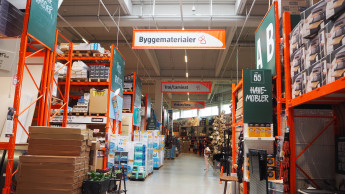
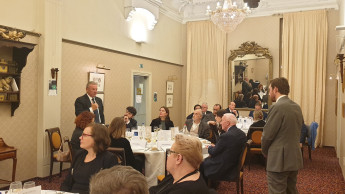
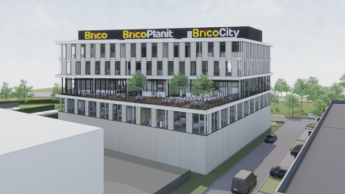




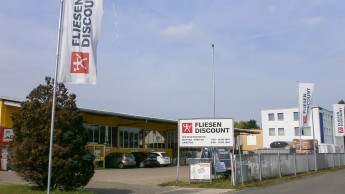
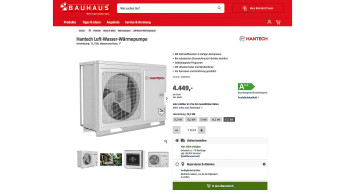
 Newsletter
Newsletter